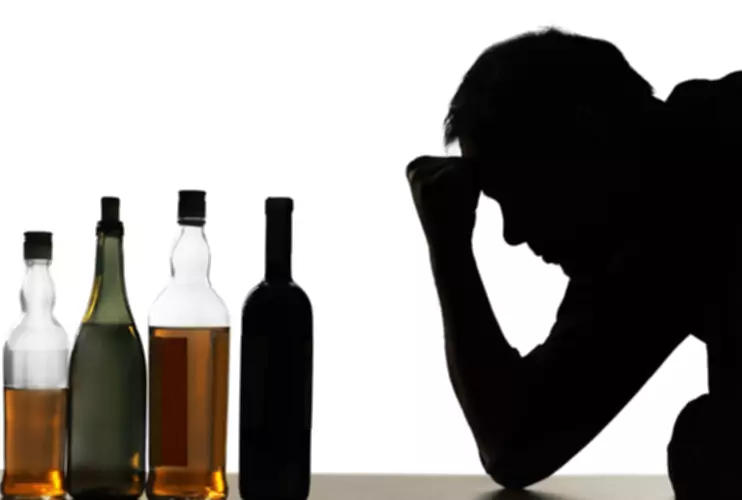
This program is ideal for educating patients and their families, school faculty and staff, behavioral and mental health professionals, and more. Use of medicinal cannabis began in America in the 1850s, when products with cannabis extracts were produced and sold to treat maladies such as pain and muscle spasm. Soon after, pharmaceutical regulations were introduced in some states.
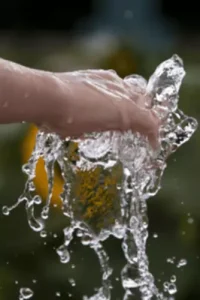
My Loved One Needs Help
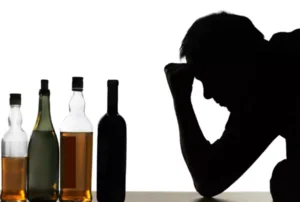
After I got sober, it took me a little over a year to go a single day without wishing for a drink, but it was more than nine years before my craving to get high abated. For the longest time, I couldn’t go to indoor concerts, especially if I was in proximity to pot. During this nearly decade-long purgatory, I broke up with a pretty good guy (great cook, decent skier) only because he occasionally wanted to get high.
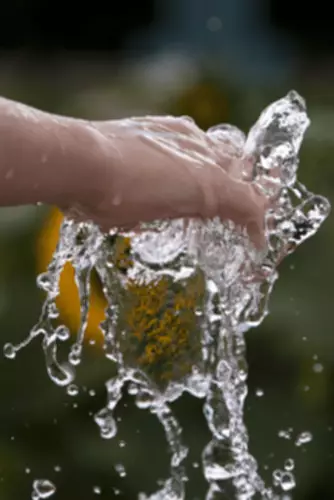
Is Marijuana Addictive Like Other Drugs?
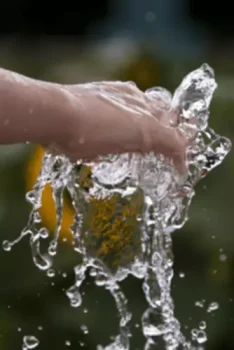
While many people use marijuana (it’s the third most commonly used addictive drug, after tobacco and alcohol) most won’t become addicted. About 1 in 10 people who use marijuana will become addicted; when they start using before the age of 18, the number increases to 1 in 6. The Legislature has consistently passed bills to accompany passed amendments, sometimes with tweaks that outrage those who pushed for the measures. When Floridians approved the 2016 medical marijuana amendment, for instance, lawmakers initially banned it in smokable form. Opponents, for example, are adamant that it’s written in a way that prevents the Legislature from restricting public use of recreational marijuana.
Long-term effects of cannabis misuse
While most people do not is marijuana addictive develop cannabis use disorder, it can happen. So, it’s important to be especially aware of the signs of marijuana addiction. There are resources and treatment options available for those who are dealing with addiction. Marijuana addiction is incredibly difficult to overcome, and professional and personal support is necessary to create an effective treatment plan. Those who have tried to quit or decrease their use of marijuana in the past and have been unsuccessful may benefit from the support of professional treatment programs to address the effects of marijuana addiction. In many cases, the symptoms of weed withdrawal will dissipate with time and can be treated without medical attention.
Signs of Addiction
- Feeling irritable is another common symptom of marijuana withdrawal.
- One campaign says recreational marijuana would reduce crime, the black market and teen use.
- Forging a strong support network of people who respect your choices, including the decision not to use, is invaluable.
- This is mainly due to the lack of thorough research and clinical trials on the medical uses of marijuana.
- Using more and more of the substance in a single sitting or increasing the frequency of marijuana to maintain its effects can lead to a dangerous level of marijuana use, thereby increasing the risk of marijuana addiction.
We cannot guarantee payment or verification eligibility as conveyed by your health insurance provider will be accurate and complete. Payment of benefits are subject to all terms, conditions, limitations, and exclusions of the member’s contract at time of service. Your health insurance company will only pay for services that it determines to be “reasonable and necessary.” The treatment center will make every effort to have all services preauthorized by your health insurance company. Treatment for marijuana addiction often varies based on individual needs, and a personalized approach that combines several therapies is typically the most effective. Addiction, on the other hand, is characterized by compulsive use and an inability to stop using marijuana despite negative consequences on daily life, relationships, and health. Cannabis affects your central nervous system and causes sensations such as relaxation, mild euphoria, increased appetite and distorted perceptions of space and time.
- Additionally, many treatment facilities accept credit cards and have financing options as well.
- Because of this, if you use pot, you’re at risk of your stomach contents coming back up into your throat and being sucked into your lungs before your anesthesiologist is able to put in your breathing tube.
- Likewise, another sign of marijuana addiction is the continued engagement with the drug, even following negative repercussions from its use.
- The purpose of the cannabinoid system is to help to sort our experiences, indicating which are the most meaningful or salient.
- However, not all instances of marijuana use cause hallucinogen-like effects.
- Cannabis can also be concentrated into forms like hashish, a resin, or hash oil, a thick, dark liquid.